|
There is something I’ve noticed about many endurance athletes over the years (which includes me), we either don’t take an off season (or at least not a very long one) or we completely forget about health and fitness and let ourselves go for a few months. I’ve done both. And what I’ve personally learned is I don’t like the way I feel either way. The first year or two I got into triathlon, I completely stopped training (for the most part) and just ate whatever I wanted for about 3 months after my last race. Pretty much the entire holiday season I justified eating mostly crappy food and not really doing too much activity. I justified to myself that after 9 months of training, I deserve a break from all of it. But after a 3 month hiatus from training and a very lackadaisical approach to my eating, I wondered why in the heck I ever thought that was a good idea when I: 1. Had to get back into a bathing suit, and 2. Tried to actually do a swim workout. Holy moly you can lose some serious fitness in 3 months! So then I switched up my approach. I’ll put a late race on the calendar so I keep training into the holiday season, then make sure I have an early event next year so I get right back after training ASAP. I flipped my justification to ‘why the heck would I want to lose all that fitness I built up last season!?!’ It wasn’t until mid season that I realized just how burnt out I was and how much I needed a break! Years later, I finally learned that there is actually a middle ground. I’ve spent the last 3 weeks talking about how to use your off-season wisely so you feel rested going into your next race season, but also strong and fit...like you haven’t started back over from the very beginning! We’ve discussed strength training, optimizing sleep, and managing stress...all things that can be improved on in the off-season. But there is something else that is SOOOOOO critical to ensuring a successful off-season (and therefore, a successful next race season) and that is nutrition. Just like your heart and muscles can be trained, so can your metabolism. Wouldn’t it be great if you could consume less race food and still have stable energy levels? You can. How nice would it be if you could eat healthy meals that are quick to prepare and not feel like you're starving or deprived all the time? It’s possible. And that whole bonk thing that happens to athletes at the end of a long training day or towards the end of your event. Wouldn’t life be great if that didn’t happen anymore. Well….you can actually train your body to prevent it. This week, we’re going to talk about why you want to optimize your nutrition in your OFF-SEASON and how to do it.
|
| Healthy Adrenal Function Phase 1: Hyper-Cortisol This is the first sign that the body is not handling the stress load optimally. On test results, you see high levels of cortisol throughout the day. Symptoms are typically: anxiety, low immunity, restlessness and insomnia. Phase 2: Resistance Response This phase is often called the “wired and tired” phase. Here, additional hormone irregularities are seen (especially with blood sugar, electrolyte imbalances and low sex hormones) which can lead to mood and sleep issues along with frequent energy crashes. Phase 3: Hypo-Cortisol Often described as exhausted, at this phase people are typically feeling completely wiped out. Simple tasks become difficult, motivation across the board is lacking, and people are often described as being “tuned out.” Symptoms are typically: depression, chronic pain all over the body, low immunity and additional hormone imbalances. |
Supplements
It can not be emphasized enough that certain supplements can make your stress pattern worse if they are used incorrectly. If adding supplements to your daily routine to help ease mental stress and support healthy adrenal function is important to you, talk to a knowledgeable practitioner about your symptoms before starting a protocol.
With that said, some of the more common supplements used are:
LICORICE ROOT- For people who do not produce enough cortisol. It has been found to improve energy levels and help regulate cortisol levels.
CURCUMIN- a compound with antioxidant qualities found in turmeric. It has been found to enhance mood and reduce inflammation (especially in the brain). Note: Curcumin extracts are the most potent form of turmeric supplements that will give you the most curcumin compound. Concentrated extracts pack up to 95% curcumin, whereas turmeric in powder form usually contains around 3% curcuminoids.
PHOSPHATIDYLSERINE- a phospholipid found in cells that influence immune function and muscle metabolism. It has been found to help rebalance cortisol levels following exercise.
ASHWAGANDHA- an adaptogenic adrenal supplement. It has been found to improve resistance to stress along with decreasing depression and anxiety.
In Summary
In an athletes off-season, taking more down time can be critical to recovery. Pay attention to the signals your body is giving you as you take more time doing more relaxing activities (like paddleboarding, yoga, walking, etc) can help you learn where your balance point is.
One athlete may be completely fine doing 3-4 interval sessions per week, where another athlete may become completely exhausted doing that. You can learn to identify what triggers a stress response in you and how to take care of yourself physically and emotionally in the face of these stressful situations and the off-season is a perfect time to do that.
We call it recharging the battery and it’s important! So next time your body is screaming for a nap, listen. It’s okay to skip a few training sessions to allow your body to recover from life's chronic stressors. It doesn’t make you lazy...it makes you smart.
You’ll be surprised how much harder you can hit your next training session (or even your entire next season) when you learn how to find a better balance between your life’s stressors and relaxation!
Take for example the infamous sleep deprivation experiment in 1959 by New York DJ Peter Tripp. He locked himself in a glass booth located in Time Square and made it 201 hours (8.4 days) before falling asleep (the last 66 hours he required stimulants to remain awake). On day 3, Tripp was found laughing hysterically at nothing, and following that day, he continued to hallucinate, reporting mice and kittens running around the room. By the end of the experiment, Tripp was convinced that he was no longer himself, but an impostor. After the experiment ended, Tripp’s family reported permanent changes to Tripp’s personality, including moodiness and depression.
Sleep has been shown to have a direct impact on overall health, lifespan, productivity, safety and ability to learn. Sleep is one of the top five reasons that patients visit a clinic for care every year and lack of sleep has been associated with an increased risk of type 2 diabetes, cardiovascular disease, Alzheimers disease, and even cancer. Along with being an integral part of the recovery and adaptive process between bouts of exercise, accumulating evidence suggests that increased sleep duration and improved sleep quality in athletes are associated with improved performance and competitive success.
This week, we’re focused on sleep. Why? Because it’s something that everyone, especially athletes, tend to neglect when we get busy. We think that shortening our sleep by just one hour will help us get more done, and won’t really affect our health and/or performance. But will it? With COVID thrusting many athletes into an early off season, now is the PERFECT time to start working on finding YOUR perfect sleep routine. To convince you why this is so important, we’re going look at the physiology of sleep, but also the consequences of not getting enough quantity and quality sleep, how to get more (and better) sleep, what to do if your life isn’t set up for optimal sleep, and why prioritizing sleep is something you want to do right now to help your performance in the future!
The Science Behind the Circadian Rhythm
Since our circadian rhythm affects everything from our digestion and appetite, to blood pressure and sleep, a circadian rhythm disruption can have some serious consequences on recovery after exercise and overall health. A study on mice published in 2005 showed the health effects of mutations to a gene that aids in regulating the circadian rhythm in mice, known as Clock. In the study, Clock gene mutant mice were shown to have a greatly altered diurnal feeding rhythm, were excessively hungry, became obese, and developed many metabolic syndromes including hyperlipidemia (an abnormally high amount of fats in the blood) and hyperglycemia without proper insulin production (the hallmark of type 2 diabetes). These results indicate that the circadian Clock gene network plays an important role in mammalian energy balance that involves a number of central and peripheral tissues, and disruption of this network can lead to obesity and the metabolic syndrome in mice.
There are several studies that have looked at how a disrupted circadian rhythm can affect endurance performance, most of which have demonstrated that sleep deprivation inhibits performance. In a small study of 11 male subjects who completed a 30 minute self-paced treadmill test after a normal night sleep and again after 30 hours of sleep deprivation in a randomized order, the subjects distance covered was decreased after sleep deprivation, without differences in thermoregulatory function or oxygen consumption. Several other studies on endurance athletes have found a decrease in time to exhaustion along with an increased rate of perceived effort after just one night of reported poor quality sleep. Preexercise muscle glycogen stores have also been found to be decreased after sleep deprivation, suggesting an alteration in endogenous fuel availability that could translate into impaired performance in endurance sports.
With so much evidence leaning towards optimizing sleep to improve athletic performance and optimized health, there is no reason why learning more about how you can optimize your sleep routine shouldn’t be a focus of your off-season. The off-season is a perfect time to test different activities, methods, foods, workouts, etc to find what works best for your body. N=1 couldn’t be more true in this situation. For one person, eating dinner at 7pm may not affect their sleep whereas another person may not get into deep sleep if they eat after 5pm. Use the quality time you have WITHOUT a race on your calendar to fine tune your sleep routine.
The Sleep Cycle
Non-REM Stage 1
Starts at the onset of sleep and lasts for approximately 20 minutes. In stage 1, our heart rate slows down, our temperature begins to drop, and our brain transfers learned muscle memory into permanent memory. Stage 1 of Non-REM sleep is very light sleep and one can be easily woken in this stage.
Non-REM Stage 2
This is the transitional period between light and deep sleep.
Non-REM Stage 3
This stage is considered complete deep sleep. In stage 3, Delta brain waves are produced which help move blood to the muscles to initiate recovery and repair, the parasympathetic nervous system is stimulated which supports immune function, and human growth hormone is produced.
REM Stage 4
Stage 4 is considered REM sleep and the stage in which we dream. In stage 4, the hippocampus (part of the brain) transfers information to the neocortex and our memories are formed.
These are just some of the reasons that Dr. Matthew Walker, head of the Sleep and Neuroimaging Lab at the University of California, Berkeley, and other sleep experts say that sleeping from midnight until 8am is not the same thing as sleeping from 10pm-6am because the shift from non-REM to REM sleep happens at certain times of the night regardless of when you go to bed. If improved memory and tissue growth/repair isn’t enough of a reason to get to bed early, maybe learning more about the consequences of poor sleep will be.
Consequences of Poor Sleep
Here are a few studies, which are reminders that things like blood sugar, weight, and memory are not affected from our diet alone!
Blood Sugar/Insulin Resistance
A study performed at the Leiden University Medical Center took 9 healthy individuals, with healthy blood sugar response, and restricted sleep for one night (subjects were allowed to sleep from 1am to 5am). The result was insulin resistance in multiple metabolic pathways in all subjects.
Data from large published studies, including: Sleep Heart Health Study; Finnish Type 2 Diabetes Study; Quebec Family study; Behavioral Risk Factor Surveillance System; National Health Interview Study; and Isfahan Healthy Heart Program, have all demonstrated that middle-aged to elderly subjects with self-reported short sleep duration are approximately twice as likely to be diagnosed with type 2 diabetes and are at higher risk for impaired glucose tolerance.
Weight Gain
A 2004 study took 1,024 volunteers from the Wisconsin Sleep Cohort Study, a population-based longitudinal study of sleep disorders, and looked at morning fasted blood samples for serum leptin and ghrelin (two key opposing hormones in appetite regulation), adiponectin, insulin, glucose, and lipid profile. Results showed that participants with sleep shorter than 8 hours per night had reduced leptin (the satiation hormone) and elevated ghrelin (the hunger hormone) as well as higher BMI.
Immunity
A study published in 2009 took 153 healthy men and women and had them report on sleep duration and sleep efficiency for 14 days. Subsequently, participants were quarantined, administered nasal drops containing a rhinovirus, and monitored for the development of a clinical cold for 6 days. Results showed poorer sleep efficiency and shorter sleep duration in the weeks preceding exposure to a rhinovirus were associated with lower resistance to illness.
Death
A study published by the University of Bristol which examined working men and women looked for the associations between sleep duration, cardiovascular disease risk factors and mortality, while also taking into account the perceived stress of the individuals. The findings: the men and women who reported sleeping fewer than 7 hours in a 24 hour period had greater risk of dying from any cause over a 25 year period than those who reported sleeping 7-8 hours in a 24 hour period.
9 Foundations of Sleep
To ensure the right quantity and quality of sleep, there are some sleep foundations you should follow:
Follow a sleep schedule. Every single night at the same time, you should start a series of actions that should stay the same from night to night. The sun setting can be a good trigger to start this routine in the winter, however, in the summer when days are long, setting a standing alarm can help remind you that it’s time to finish eating, put on your blue light blocking glasses, turn off all screens and start winding down.
Eat a diet that promotes quality sleep at the right times.
- Eat a dinner full of melatonin rich foods, such as: tart black cherries, almonds, walnuts, corn, rice and ginger root.
- Avoid caffeine, including chocolate after 12pm
- Avoid alcohol before bed
- Avoid large meals and beverages 2 hours before bedtime
Avoid intense exercise 2-3 hours before bedtime. If your fasted morning blood sugar is higher than ideal, choose 20-30 minutes of a relaxing activity before bed, like gentle walking.
Get your daily dose of natural sunlight for a minimum of 30 minutes per day. If you work in front of a computer all day and wear blue light blocking glasses, make sure you take them off periodically throughout the day and allow your eyeballs to see the natural sunlight. If you can not get out into the natural sun, consider morning exposure to artificial light for at least 1 hour.
Only nap before 3pm.
Schedule time for relaxation for at least 20 minutes before bed. Espom salt baths, foot soaks, reading and meditation are all great options.
Create a bedroom that is most conducive for proper sleep.
- Avoid electronics in the bedroom
- Create complete darkness
- The general suggested temperature for an ideal night's sleep is between 60-67 degrees Fahrenheit.
- Invest in comfortable and non-toxic clothing, pillow, mattress and linens.
Avoid medications that cause stimulation before bed. Some examples of these medications are hypertension, allergy, and thyroid medications. Consult with your doctor about options for taking these medications at earlier times of day in order to optimize your ability to sleep.
Don’t stay in bed if you haven’t fallen asleep after 30 minutes. Instead, move to another room and do something relaxing, like read a paperback book. Avoid jumping onto your phone to check social media, emails or play games. Once you start to feel tired again, move back into bed.
If you are consistently following the 9 sleep foundations above, and are still experiencing constant fatigue and irritability during the day after getting 7-9 hours of sleep, waking up several times during the night, staying awake for more than an hour without being capable of falling back to sleep, or taking longer than 30 minutes to fall asleep, it might be time to seek out a sleep specialist for help.
Helpful Tools for a Good Night's Sleep
For more info on the topic of sleep, I love Matthew Walkers book, Why We Sleep: Unlocking the Power of Sleep and Dreams. He also did a really great podcast with one of my favorite doctors, Dr. Peter Attia which you can find HERE.
If you think you’re getting enough quality sleep, but aren’t quite sure, definitely look into getting an Oura Ring. The Oura Ring is exactly that, a ring that you wear every day and every night that tracks everything from heart rate, body temperature, HRV, sleep cycles and more. Oura interprets these signals while you sleep so you can wake up to the insights you need to take on the day. With the data, you are empowered to understand and define your health on your terms, based on your personalized data. I have personally been using an Oura ring now for over a month and have already been surprised at how small changes to my evening routine have had a profound effect on my deep and REM sleep (and therefore my recovery).
Temperature has a pretty pronounced effect on your sleep cycles. If you share your room and/or household with someone who doesn’t love the bedroom between 60-67F, consider getting a Chili Pad. This pad lives between your mattress and your sheet and can help control the temperature on your side of the bed. You can even set the temperature to increase in the early morning hours to wake you up peacefully. Say goodbye to the BEEP BEEP BEEP alarm. That’s a terrible way to wake up!
In Summary
By taking the time now (while you have it), to learn more about what helps you get better sleep (which translates into better performance) you can apply your own best practices when it matters most.
Sure, eating dinner at 5pm may not be your reality year around, but if you find that eating early unlocks more deep and REM sleep, don’t you want to make that a priority during your hard training weeks and leading into your future events?
Now’s the time to start playing and tracking some metrics. If you can’t afford a trackable device like an Oura ring, start a journal.
Change 1 thing for 7 days in a row and see if you notice a difference in how you feel the next day in regards to your energy, recovery, mood and hunger levels. You might be surprised how small changes can have a big impact on your health and performance!
RESOURCES:
- https://link.springer.com/article/10.1007/s00421-009-1103-9
- https://journals.lww.com/acsm-msse/Fulltext/2011/07000/Intermittent_Sprint_Performance_and_Muscle.22.aspx
- Mesarwi, Polak, Jun and Polotsky, Sleep disorders and the developments of insulin resistance and obesity. Endocrinology Metab Clin North Am. 2013 Sep; 42(3): 617-634
- Taheri S, et al. Short sleep duration is associated with reduced leptin, elevated ghrelin, and increased body mass index, 2004
- Cohen S, et al. Sleep habits and susceptibility to the common cold, 2009
- Heslop P, et al. Sleep duration and mortality: the effect of short or long sleep duration on cardiovascular and all-cause mortality in working men and women, 2002
“I want to fit into my skinny jeans again.”
“I want to feel stronger.”
“My doctor told me I need to be more active.”
“I want to be able to play with my grandkids when I’m 90+ years old.”
Whatever your initial reason was for starting, most of us continue to participate in our favorite sport because we have fallen in love with the feeling we have doing it, and hopefully, it makes us a healthier, happier version of ourselves!
Unfortunately, somewhere along the way, many of us became event driven. My circle of training friends had a running joke for years that you never completed an event without having already signed up for at least one other (usually it was like 3-4 other events). This is completely fine to be motivated by races on the schedule, however, let’s not lose sight of why we do all of this. With most of the races being wiped off the calendar in 2020, it’s a fantastic opportunity to reframe your lens and refocus on why you are an athlete.
There's More to Life Than Training!
It involves many other aspects of your life like nutrition, sleep, recovery, strength, mobility, relationships, and so much more.
But the reality is we ALL only have 24 hours in a day. And despite what you may be trying to convince yourself of, we ALL need 7-9 hours of sleep each night. That means that when we get into the thick of training, in order to thrive in one area (our athletic goals), oftentimes other areas are neglected.
In the peak of an ironman training block, I can guarantee you’re giving up time with your non-triathlon friends or family members to get in the long days of training. Hopefully you’re not sacrificing sleep, but some athletes do.
With loads of swimming, biking and running on the schedule, family dinners are often sacrificed for strength training and mobility sessions. This is all fine and dandy for a period of time, but at some point, balance has to be achieved.
Keep focusing on swimming, biking and running and neglecting your strength and mobility (especially as an aging athlete), I can guarantee your risk of injury goes up! Same thing for athletes who only have friends within their training circle. What happens when you get hurt and you can’t join your friends for runs anymore? Your social life disappears? No! We need to have people in our lives who understand, love and support our efforts as endurance athletes, but DO NOT like to play our game.
The Most Common Areas of Neglect
The most common areas of neglect I have seen over the years with endurance athletes are:
- Strength and mobility
- Sleep
- Stress-management
- Nutrition
This month, I’m giving my tips on how to use this time to be productive to improve your health and wellness and avoid taking massive steps backwards!
You do these sports because you want to be healthier, right?! Throwing in the towel because your events have all been canceled is most definitely NOT my advice. Sure, take some time off if you haven’t done that already but then use this time to optimize your health and athleticism so you can come back in 2021 (or whenever we’re getting back to racing) a better version of yourself.
Honestly, do you really want to start all over again?
Strength & Mobility
Majority of our resiliency is terrible. It seems like every time I hear about someone taking a training break due to an injury, it’s from some regular daily life event, like lifting a grand kid, or trying to get up off the floor, or my favorite from last week was driving a boat.
Seriously people...we are supposed to be “fit.” And if you want your fitness to apply beyond the moments in your life where you are doing your specific sport, you have to be strong and mobile!
During the season, most of us are afraid of taking what limited time we have for training away from our specific sport and using it for strength training. But with no specific race on the calendar, now is the perfect time to focus on strength and mobility.
Areas like the core, glutes and hamstrings (the posterior chain), lower back, and upper body seem to be “weak spots” for most endurance athletes. By replacing 3-4 workouts each week with a strength training session, athletes can see a significant improvement in power and resiliency when they get back to pre-season training next season.
Easy Workouts You Can Do at Home
To make things easier for you, here are 4 workouts (1 in each category) that you can try:
- Dumbbell Bench Press 4x10 with 90 seconds rest between sets
- Superset: Dumbbell Lateral Raises 3x12 - Tricep Dips- Max Effort (no more than 15)*
- Core
Rest 2 minutes between supersets
*If 15 is easy, add weight to your lap or put on a weight vest to make it more challenging.
PULL
- Single Arm Dumbbell Bent Over Rows on a Bench 4x10 with 90 seconds rest between sets
- Superset: Dumbbell Bent Over Reverse Fly 3x15 - Max Effort Pulls Ups (no more than 15)*
- Core
Rest 2 minutes between supersets
*If 15 is easy, add weight by putting on a weight vest or adding weight around your waist with a weight belt.
DEADLIFT
- Single Leg Dumbbell/Kettlebell Deadlift- 4x8 each leg with 90 seconds rest between sets
- Superset: Weighted Glute Bridge Ups- 3x15 - Weighted Toe Raises- 3x15 - Banded Lateral Monster Walks- 3x20 each direction
- Core
Rest 2 minutes between supersets
SQUAT
- Dumbbell Front Squat- 4x8 with 90 seconds rest between sets
- Superset: Single Arm Dumbbell Overhead Walking Lunges- 3x10 each leg- Squat Jumps- 3x10
- Core
Rest 2 minutes between superset
You Don't Have to Do This Alone!
So if any of these movements make you uncomfortable or you’d prefer to have someone with training in strength training watch you do it, then you should find a professional to help you!
So many personal trainers have been forced to become creative during this unusual time when many gyms are closed. I have distance clients who are using the strength training programs that I personally have created for them and hired personal trainers in their home town to meet them at an outdoor park and walk them through it.
There are also tons of personal trainers and coaches (including myself) who have their clients video themselves doing a movement and send it to them for critique. Honestly, you don’t have to be face to face with a trainer or coach to get help with strength training. So no more excuses. Start picking up heavy shit and become a better athlete!
Obviously as a coach I’m a huge believer in following a structured program (both for endurance training, strength training, AND nutrition). It is the best way to optimize health and your future performance.
Don't Look Back on 2020 and Wish You Did Something Differently
If it’s not, I can still help point you in the right direction so you feel like you used your “off time” in 2020 wisely and don’t look back at this time in 2021 and wish you had done something different.
“I don’t regret the things I’ve done, I regret the things I didn’t do when I had the chance.” -Unknown
Author
Tiana Rockwell is a certified nutritional therapist, avid endurance athlete and dark chocolate lover. She believes that by eating REAL food, we can balance our body and reach optimal health and wellness!
Archives
May 2022
January 2022
December 2021
November 2021
October 2021
September 2021
July 2021
May 2021
April 2021
November 2020
October 2020
September 2020
August 2020
July 2020
June 2020
May 2020
April 2020
March 2020
February 2020
January 2020
December 2019
November 2019
September 2017
August 2017
May 2017
November 2016
September 2016
July 2016
December 2015
October 2015
July 2015
June 2015
Categories
All
Commit
Detox
Fat Loss
Food Prep
Goals
Macronutrients
Muscle
Planning
Post Workout
Preparation
Protein
Recipes
Resolutions
Shakes
Smoothies
Strength


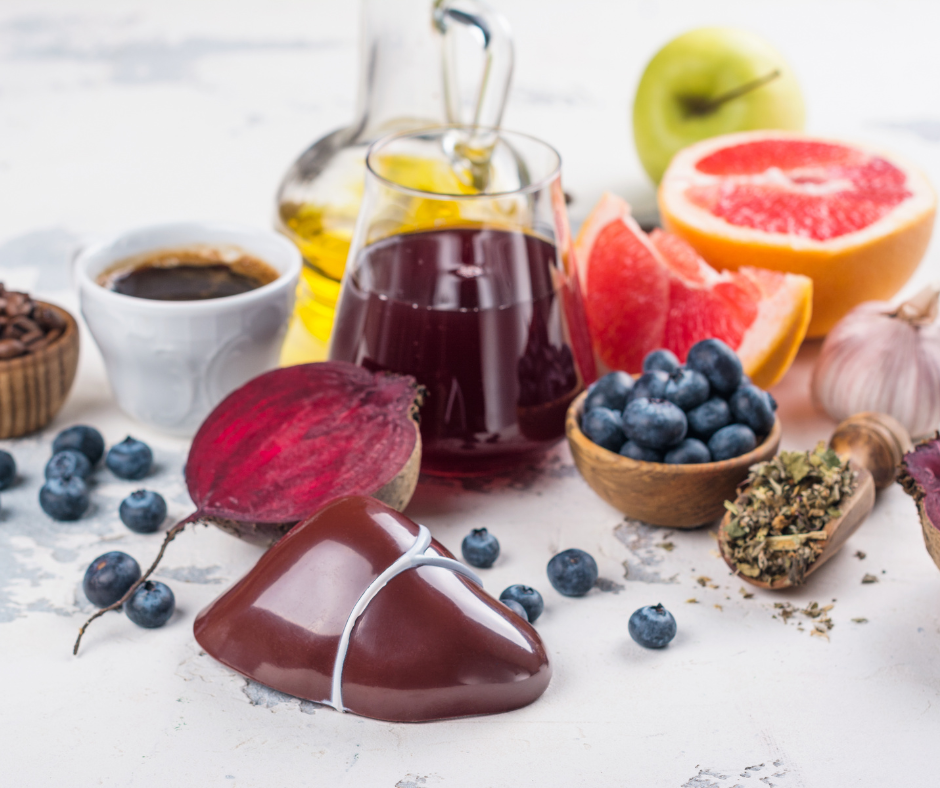


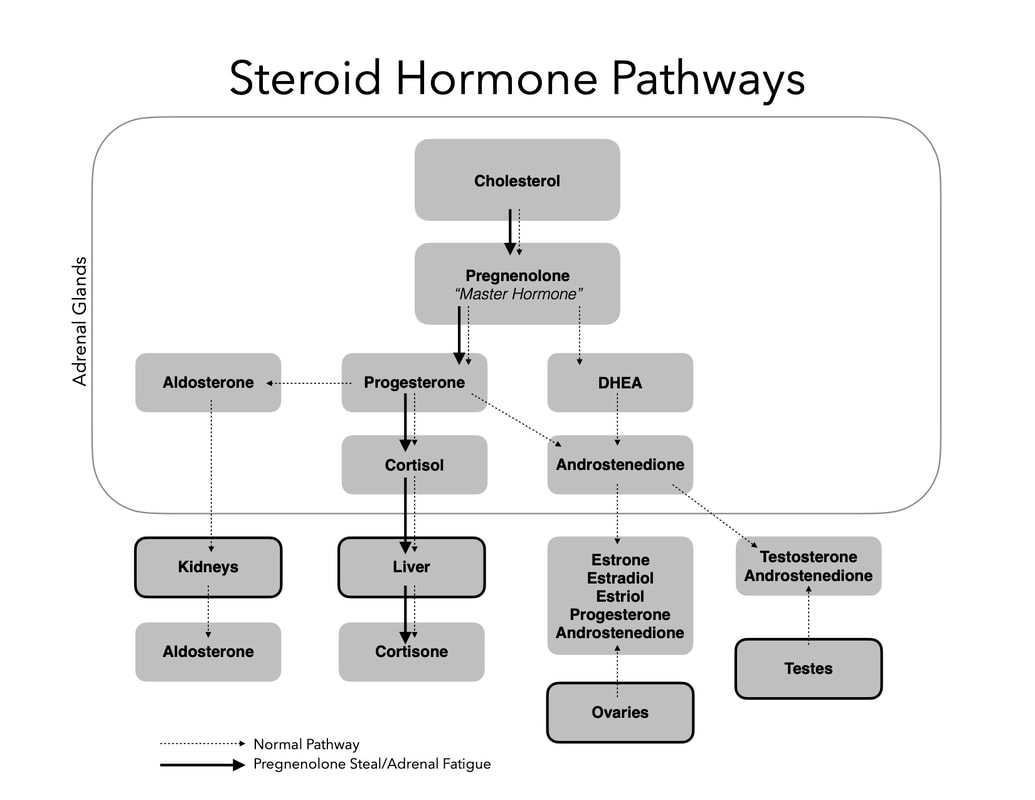


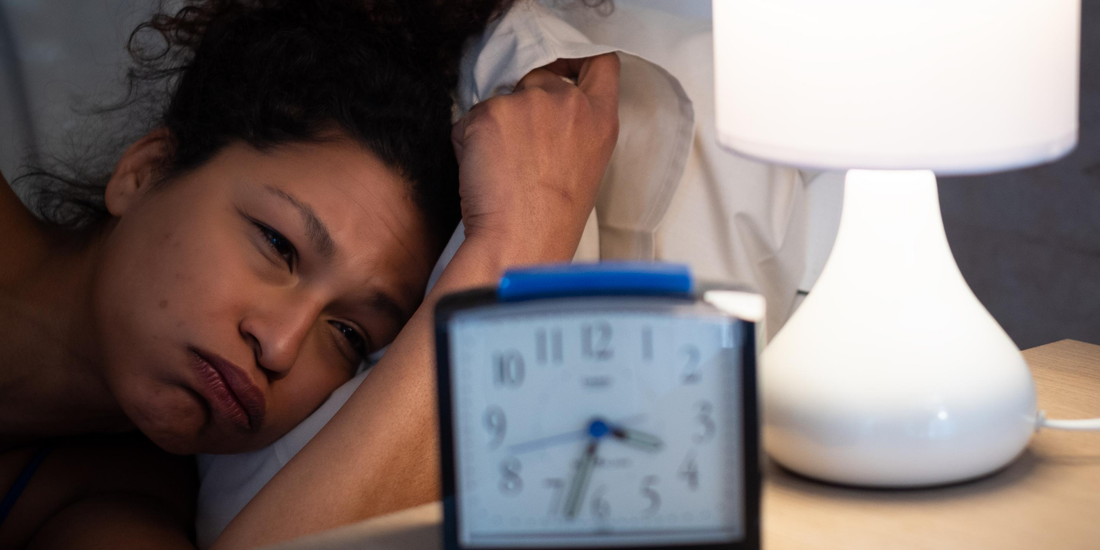

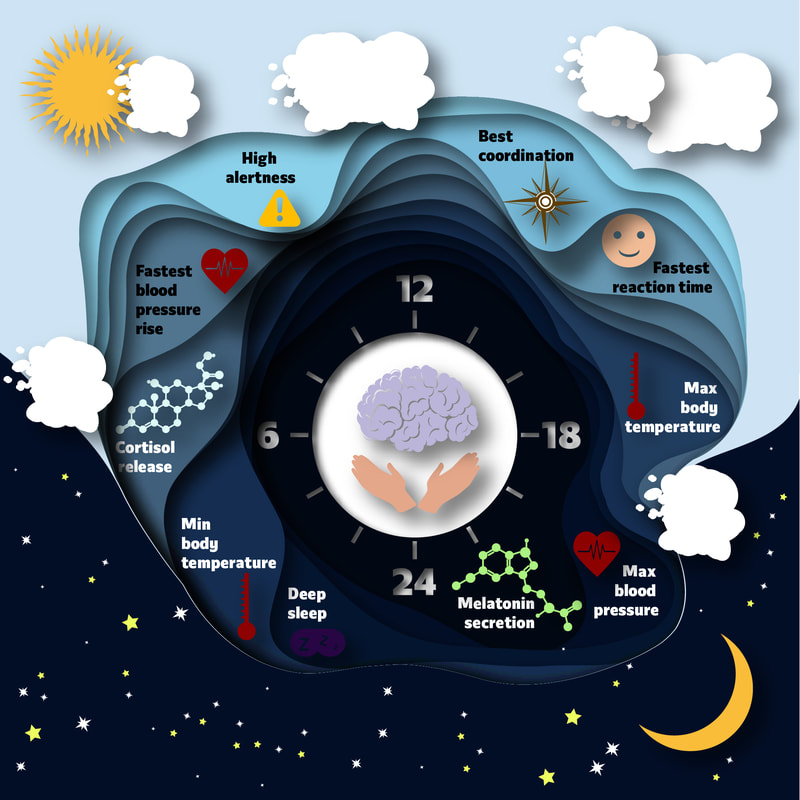
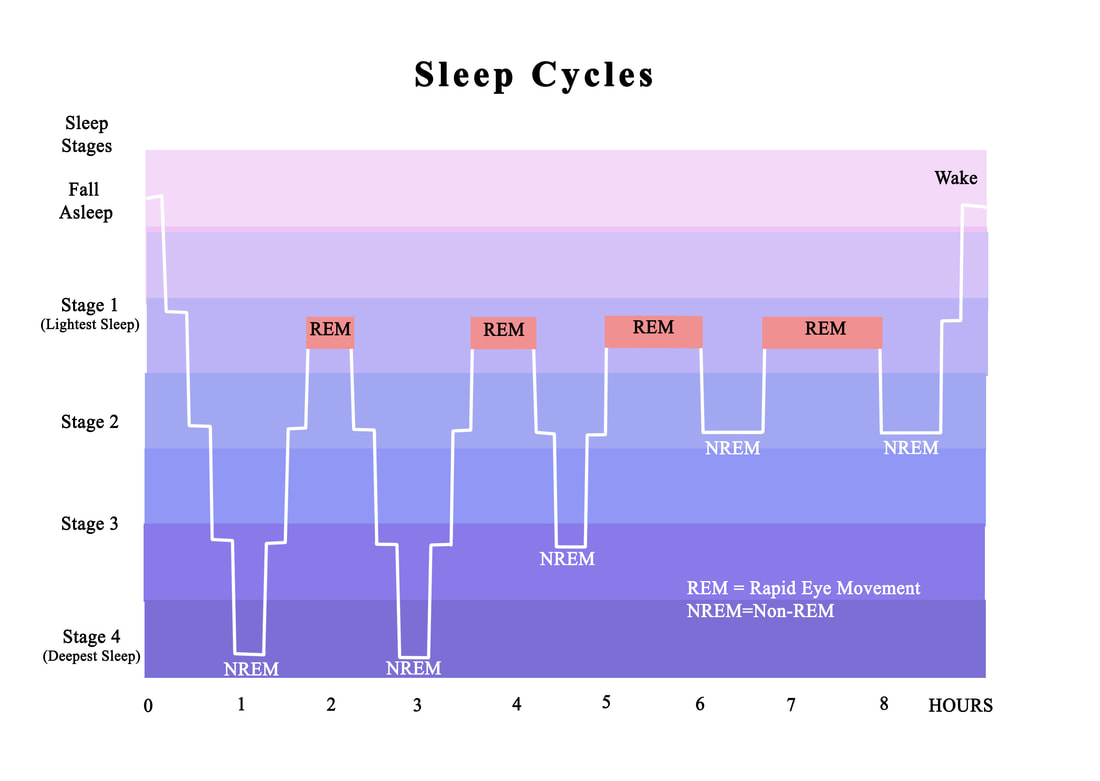


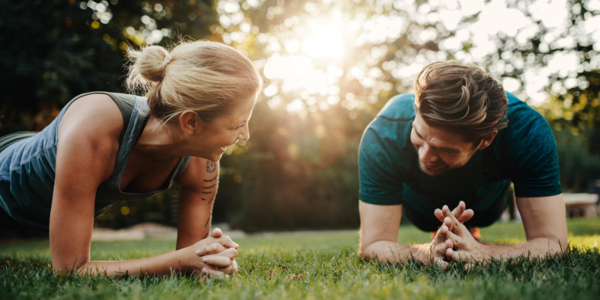
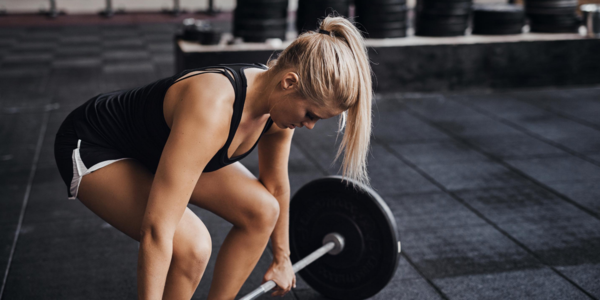
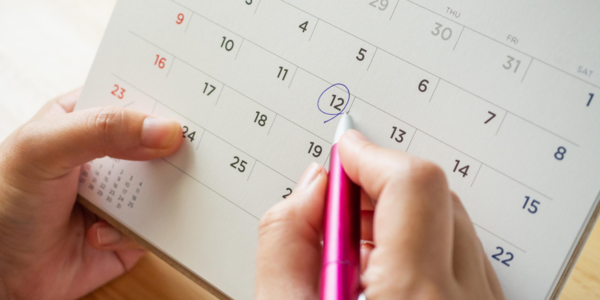
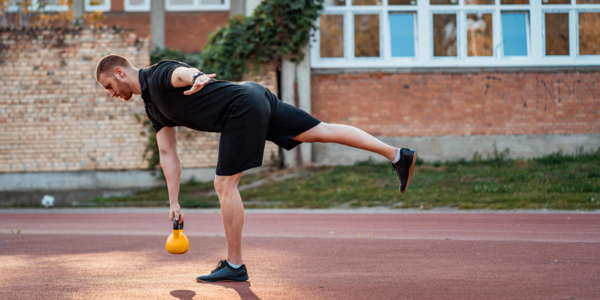
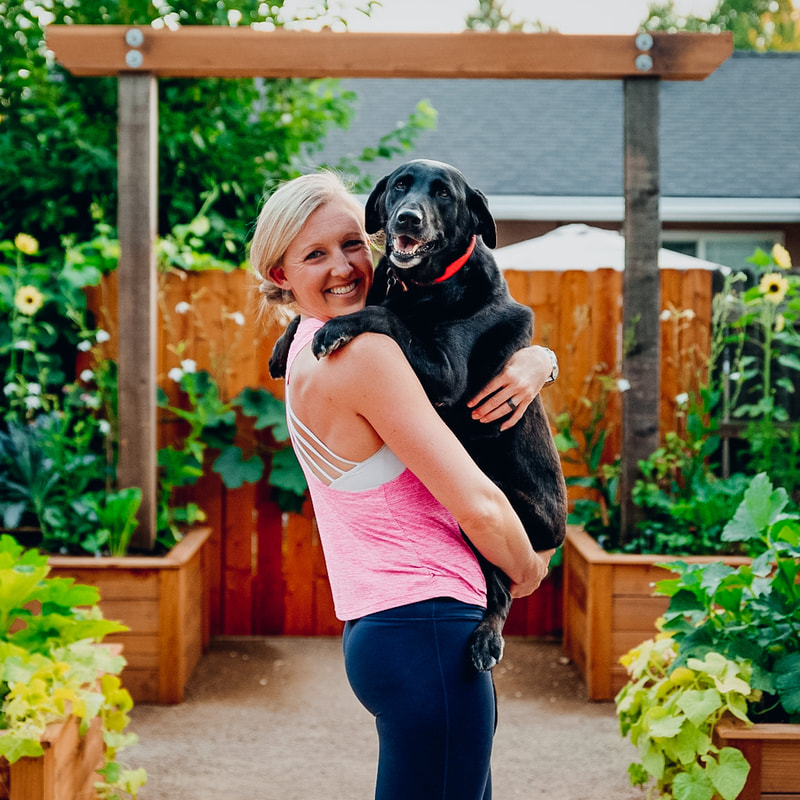
 RSS Feed
RSS Feed